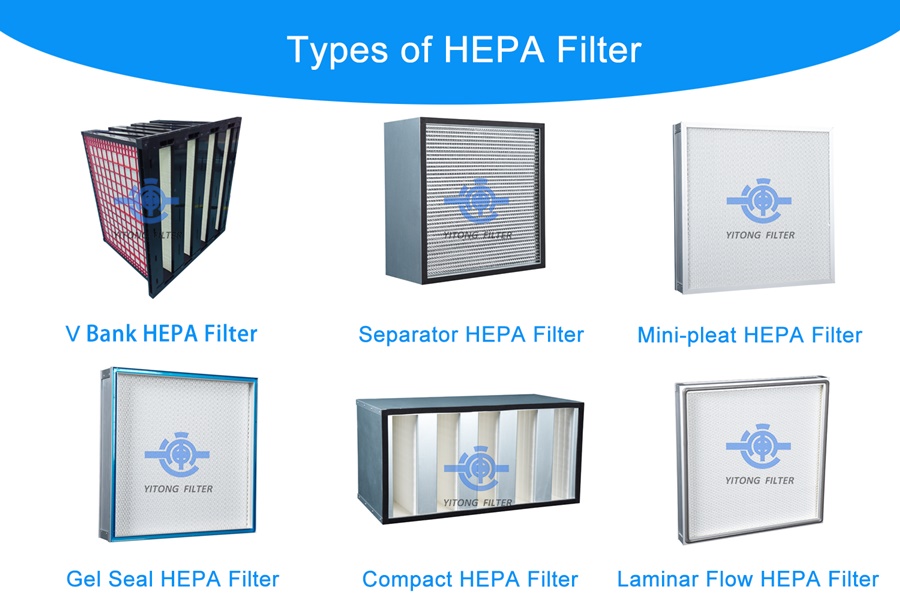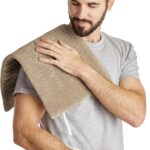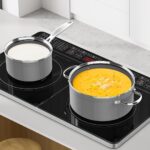With growing awareness of indoor air quality and its impact on health, many people are turning to air purifiers—especially those equipped with HEPA filters. But what exactly are HEPA filters, and do they truly make a difference? Let’s explore the science behind HEPA filters, how they work, and whether they live up to the hype.
What Is a HEPA Filter?
HEPA stands for High Efficiency Particulate Air. A true HEPA filter is designed to capture at least 99.97% of airborne particles as small as 0.3 microns in diameter. To put that into perspective, a human hair is about 50–70 microns wide, so HEPA filters are capable of trapping microscopic particles including:
- Dust
- Pollen
- Mold spores
- Pet dander
- Smoke
- Bacteria
- Some viruses (depending on size)
True HEPA filters must meet strict standards set by organizations like the U.S. Department of Energy (DOE) or similar regulatory bodies in other countries.
How Do HEPA Filters Work?
HEPA filters use a dense mat of interwoven fibers (usually fiberglass) to trap particles. They don’t work like a sieve that simply blocks anything too big; instead, they rely on three mechanisms:
- Interception: Particles stick to the fibers as air flows past.
- Impaction: Larger particles collide with fibers and get stuck.
- Diffusion: Very small particles move erratically (Brownian motion) and are more likely to hit and stick to fibers.
These combined mechanisms make HEPA filters effective across a wide range of particle sizes.
Where Are HEPA Filters Used?
HEPA filters are commonly found in:
- Air purifiers (for homes, offices, hospitals)
- Vacuum cleaners
- HVAC systems
- Airplanes
- Cleanrooms (used in electronics, pharmaceuticals, and laboratories)
They are essential in environments where clean air is critical, such as operating rooms or facilities dealing with hazardous materials.
Health Benefits of HEPA Filters
1. Reduction in Allergens
HEPA filters are particularly beneficial for people with allergies or asthma. They can significantly reduce airborne allergens like dust mites, pollen, and pet dander, which can trigger symptoms.
2. Cleaner Indoor Air
In urban environments, HEPA filters can help remove pollutants like vehicle emissions and industrial particles that make their way indoors.
3. Help Against Viruses and Bacteria
Though HEPA filters can trap many bacteria and some viruses, they are not a guaranteed defense against all infectious agents. Some viruses are smaller than 0.3 microns, but many attach to larger particles or droplets, which HEPA filters can capture.
4. Smoke and Odor Reduction
HEPA filters can trap smoke particles, though they are often paired with activated carbon filters to absorb odors and chemical fumes, which HEPA alone can’t filter effectively.
Do HEPA Filters Really Work?
Yes—when used correctly, HEPA filters are extremely effective at reducing airborne particles. Multiple scientific studies confirm their ability to improve indoor air quality.
However, their effectiveness depends on several factors:
- Proper sizing: The air purifier must be appropriate for the room size.
- Filter maintenance: Dirty filters lose efficiency and may release particles back into the air.
- Air circulation: Good airflow is essential for the filter to capture pollutants.
- Type of pollutants: HEPA filters excel at particulates but not at removing gases or volatile organic compounds (VOCs).
Limitations of HEPA Filters
While HEPA filters are powerful, they are not a catch-all solution:
- They do not remove odors unless paired with activated carbon.
- They don’t neutralize viruses or bacteria—they trap them.
- Maintenance is required: Filters must be replaced regularly (every 6–12 months, depending on use).
- Some “HEPA-type” or “HEPA-like” filters do not meet true HEPA standards—always check for certification.
Conclusion
Absolutely—HEPA filters make a real and measurable difference in indoor air quality, particularly for people with respiratory conditions, allergies, or sensitivity to pollutants. They are not a cure-all, but when used properly and maintained regularly, they provide a significant layer of protection against harmful airborne particles.








Leave a Reply